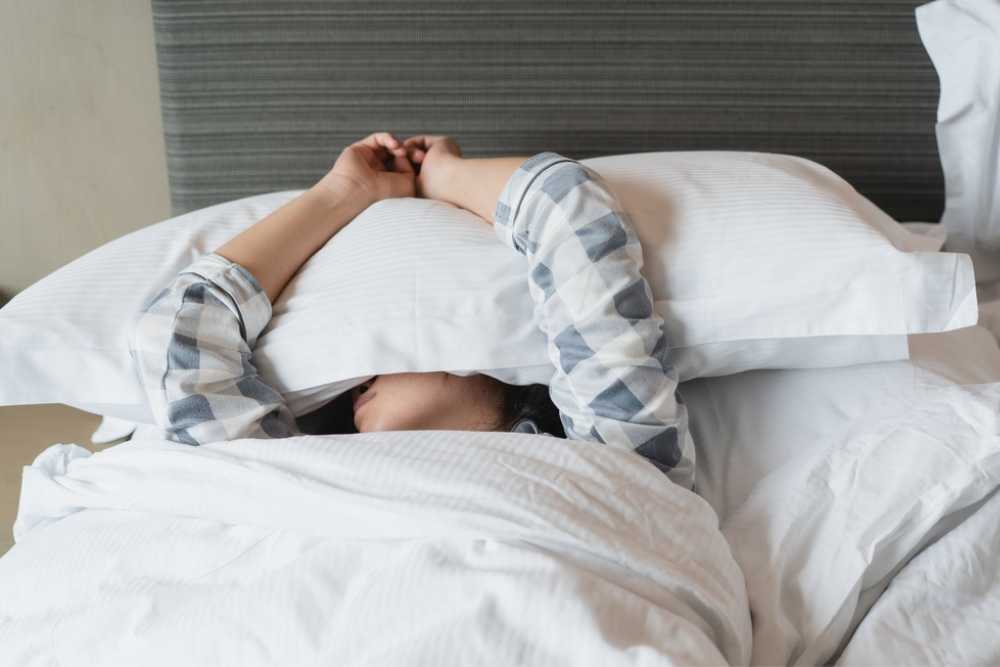We Accept Most PPO Insurance Policies
All calls and submitted forms are 100% confidential. Insurance could completely cover the cost of treatment




Yes, Transcranial Magnetic Stimulation (TMS) can provide significant relief for treatment-resistant depression in Anaheim, California. TMS therapy is an alternative treatment option for patients living with Major Depressive disorder who have not achieved a satisfactory response to antidepressant medication. TMS Anaheim has been FDA-cleared for major depressive disorder for over a decade and is particularly valuable when traditional treatments like antidepressant medication and psychotherapy haven’t worked.

Transcranial Magnetic Stimulation is a non-invasive brain stimulation technique that uses powerful magnetic fields to stimulate specific areas of the brain. It’s primarily used as a treatment for depression and other mental health conditions.
TMS Anaheim offers hope for many people seeking effective mental health treatment without the systemic side effects often associated with medications.
TMS therapy in California and the U.S. has been approved by the FDA to treat four mental health conditions, while others are still being researched.
FDA-Approved Conditions
Conditions Under Research
While TMS shows promise for various conditions, it’s crucial to understand that FDA approval ensures both safety and efficacy have been rigorously tested. For conditions still under research, TMS may be used off-label by qualified physicians, but the evidence base is still developing.

A typical TMS treatment involves both the duration of the individual session and the overall treatment course length. However, most TMS sessions last between 20 and 40 minutes. The actual magnetic stimulation usually takes up most of the session time. The standard approach typically involves daily sessions over six weeks.
Some patients may need extended treatment courses if the initial response is unsuccessful. Maintenance sessions (weekly or monthly) can also be recommended to sustain benefits, with adjusted protocols based on symptom improvement.
TMS fits relatively well into most daily schedules since sessions are outpatient mental health procedures near Anaheim, requiring no recovery time. They can also be scheduled during regular business hours, and patients can drive to and from appointments with an immediate return to normal activities. The total time commitment is significant but manageable for most people, especially considering the potential for long-lasting improvement in symptoms.


The long-term benefits of TMS treatment show considerable promise, with research demonstrating sustained improvement for many patients well beyond the initial treatment period.
While TMS offers significant long-term benefits, these results, while encouraging, are not permanent. Like most other treatments for mood disorders, there is a high recurrence rate. However, the ability to retreat effectively and the option for maintenance therapy provide ongoing management strategies for sustained mental health improvement.

TMS Anaheim treatment uses powerful magnetic fields to stimulate specific brain regions without requiring surgery or anesthesia.
A typical TMS course consists of 20–36 sessions over 4–6 weeks, each lasting 20–40 minutes.
While best known for treating depression, TMS is also FDA-approved for obsessive-compulsive disorder (OCD), anxious depression, and adolescent depression.
Research demonstrates that approximately 75% of patients maintain remission at two months post-treatment.
TMS provides a valuable alternative for individuals who haven’t found relief through antidepressant medications and psychotherapy.
If you’re looking for TMS therapy in Anaheim, CA, contact Moment of Clarity at 949-625-0564 to discover how our outpatient mental health clinics offer FDA-approved treatment.
Cleveland Clinic – Transcranial Magnetic Stimulation (TMS)
U.S. Department of Veterans Affairs – Transcranial Magnetic Stimulation (TMS) – Treatment for Depression
Harvard Medical School – Transcranial magnetic stimulation (TMS): Hope for stubborn depression